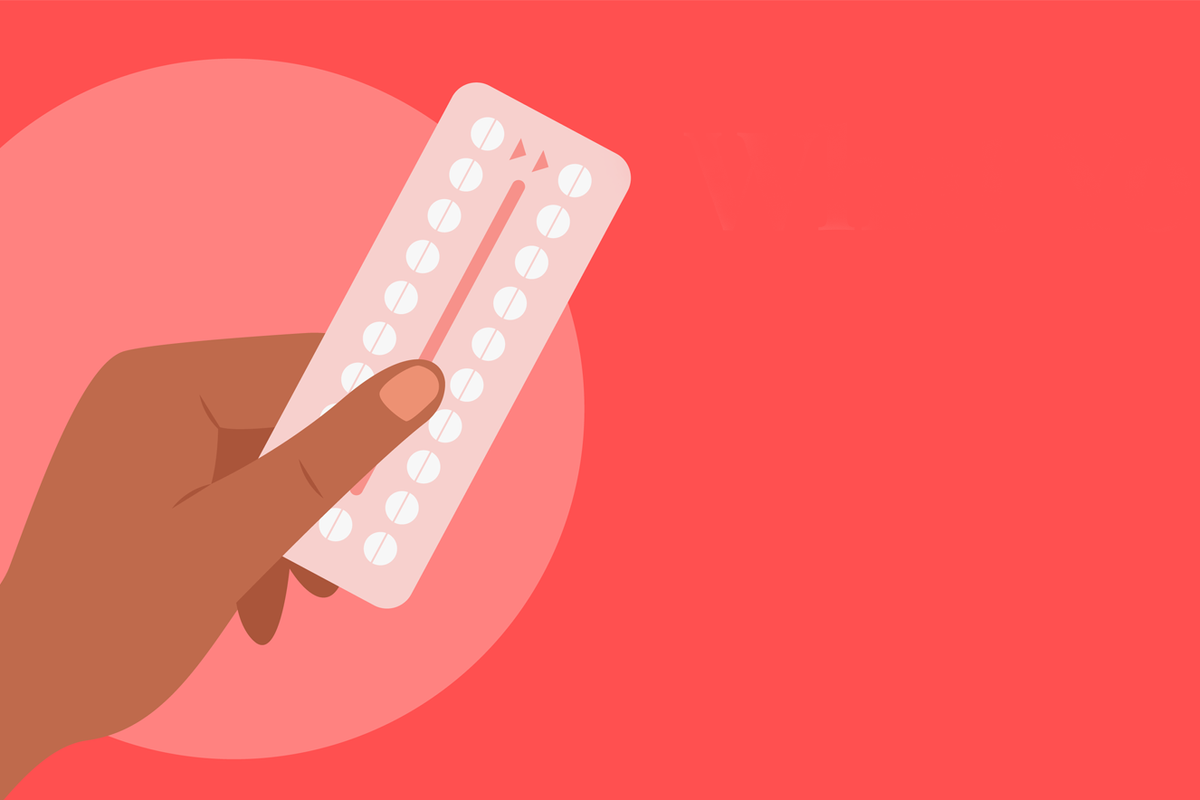
What You Need to Know About the Mini Pill
Learn about this progestin-only oral contraceptive pill
Nov 29, 2022
Apr 18, 2023
Your Health
Marijke Vroomen Durning, R.N., is a freelance writer in Montreal, Canada. Her work has been published in many outlets over the years, both online and in print. Marijke often describes her writing as the bedside teaching nurses want to do but rarely have the time for. Her experience working in healthcare has taught her what types of information people need and how to share it. One such need is medication and drug safety, so Marijke wrote the book," Just the Right Dose: Your Smart Guide to Prescription Drugs and How to Take Them Safely."
Marijke is a member of the Association of Health Care Journalists (AHCJ), the American Society of Journalists and Authors (ASJA), and the Authors Guild. She is also a member of the Canadian Nurses Association (CNA) and is registered with the Ordre des infirmiers et infirmières du Québec (Order of Nurses of Quebec).
Full BioLearn about our editorial policies

Learn about this progestin-only oral contraceptive pill
Medically reviewed by Mary Jane Minkin, M.D., FACOG, NCMP
Most birth control pills contain the hormones estrogen and progestin, a human-made form of progesterone. The mini pill contains only progestin. Progestin-only pills are sometimes called POPs.
Mini pills interfere with ovulation and trick your body into thinking it’s already pregnant — because eggs aren’t usually released during pregnancy. But mini pills don’t always stop ovulation, so they also have a backup plan:
They also make the uterus wall thinner. So if your ovaries do release an egg and sperm does get to the egg, the thinner uterus wall can’t support a pregnancy. Progestin also kills sperm so it can’t travel to the uterus.
Like all medications, the mini pill has some risks or side effects. In some people, the mini pill can cause:
You need a prescription to get the mini pill. It is not available over the counter.
Your HCP might agree that the mini pill is right for you if you:
People who shouldn’t take the mini pill include those who:
To help the mini pill be as effective as possible, here are some things to remember:
1. It takes a month to work. Use an additional barrier method of contraception, like a condom.
2. You must take the mini pill at the same time every day for it to work. If you are even 3 hours late, you should use backup barrier contraception until your next period.
3. If you miss a dose, you need to use a backup method until your next period
When picking up your prescription, ask your pharmacist when you should start taking the mini pill (at what point during your cycle). Also speak with your pharmacist about different medications that might interfere with the pill’s effectiveness. Some medications, like certain antibiotics, can affect how well the pill works.